What the Tavistock clinic’s closure means for the trans debate
Gender identity clinic to close over safety fears
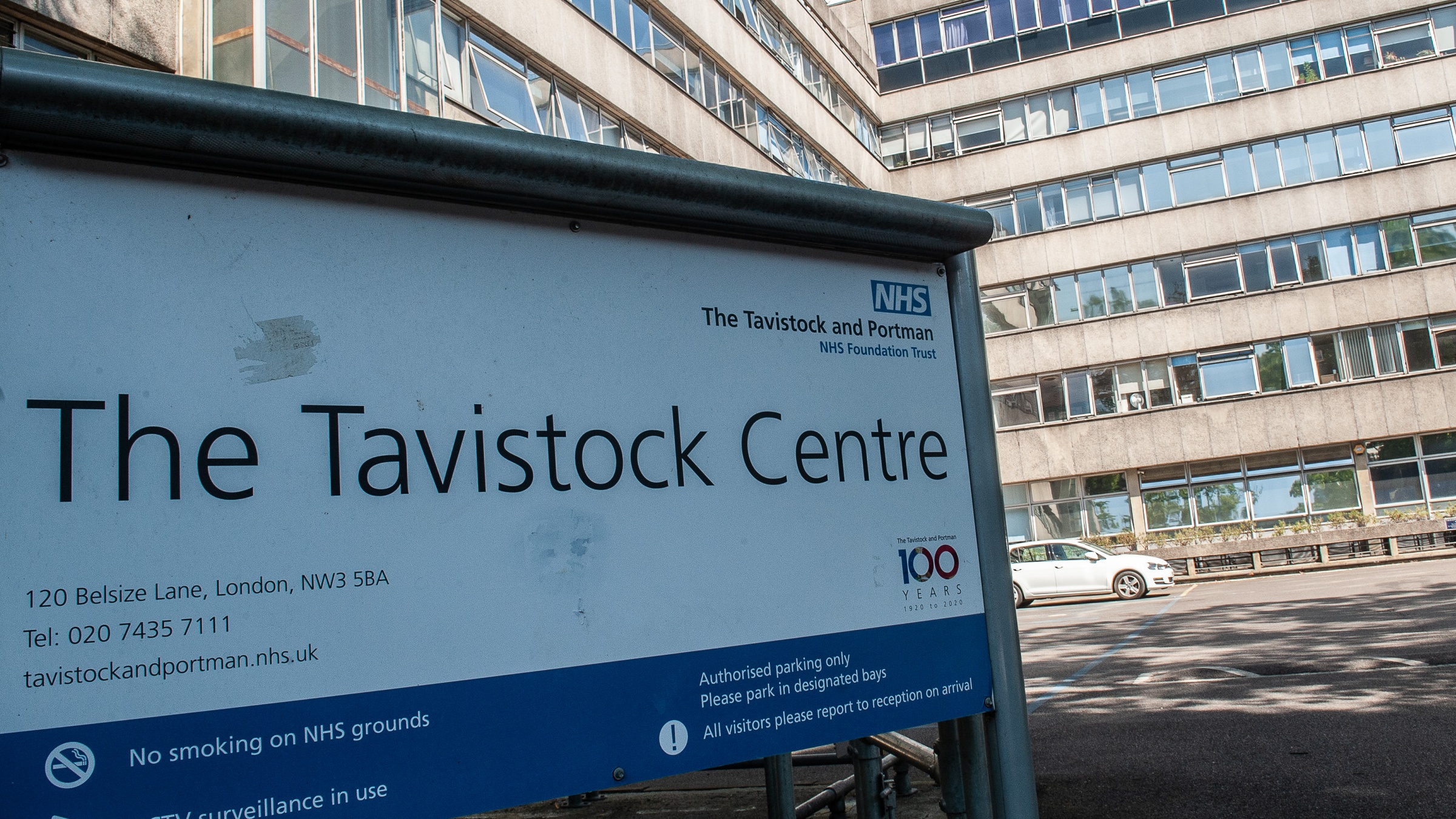
A free daily email with the biggest news stories of the day – and the best features from TheWeek.com
You are now subscribed
Your newsletter sign-up was successful
The debate about treatments for transgender young people has been reignited by the closure of a controversial NHS clinic that prescribed puberty blockers to children.
The Tavistock clinic, in north London, has been “accused of rushing teenagers into life-altering treatment on hormone-blocking drugs”, The Times reported. An independent review led by senior paediatrician Dr Hilary Cass was also highly critical of the Tavistock’s Gender Identity Development Service, which is to be wound down by next spring.
The closure means the UK will no longer have a dedicated gender identity clinic for under-18s, but new regional centres will be set up to “ensure the holistic needs” of “vulnerable” young patients are fully met, according to the NHS England.
The Week
Escape your echo chamber. Get the facts behind the news, plus analysis from multiple perspectives.

Sign up for The Week's Free Newsletters
From our morning news briefing to a weekly Good News Newsletter, get the best of The Week delivered directly to your inbox.
From our morning news briefing to a weekly Good News Newsletter, get the best of The Week delivered directly to your inbox.
Why is the clinic closing?
The clinic is being shut down after review chief Cass, a former president of the Royal College of Paediatrics and Child Health, concluded in a recently published report that the Gender Identity Development Service (GIDS) was not a “safe or viable long-term option”.
NHS England commissioned the review in September 2020 “in response to a complex and diverse range of issues” including a “significant and sharp rise in referrals”. In the decade from 2011, referrals to the Tavistock rose from 250 to 5,000.
Other issues included “scarce and inconclusive evidence to support clinical decision”; concerns about a “significant number” of children “presenting with neurodiversity and other mental health needs and risky behaviours”; long waiting times for assessments; and “significant external scrutiny” of the service, said NHS England.
Cass found that the current model of care was leaving young people “at considerable risk” of poor mental health and distress. According to her review, there were “critically important unanswered questions” over the clinic’s use of puberty blockers, which have been prescribed to children as young as ten, and “uncertainties about the long-term outcome of medical intervention”.
A free daily email with the biggest news stories of the day – and the best features from TheWeek.com
“The “damning extent of the Tavistock’s failings” had already been “made clear in the Interim Cass report in February”, said Nikki Da Costa in The Telegraph.
These failings included “lack of open discussion among clinicians; pressure to adopt an unquestioning approach; failure to consider whether medical transition really is the best option; overlooking children’s complex needs; limited mental health assessments; failure to identify children who may be vulnerable and at risk; and failure to follow up after treatment”, Da Costa continued. “This would matter if it affected only a handful of children let alone thousands. It is horrific.”
Legal experts are now warning that the Tavistock and Portman NHS Trust could be sued by patients who felt they did not receive the right treatment.
Why are puberty blockers controversial?
The Tavistock clinic “led the way” in prescribing puberty-blocking drugs to children and young people, said The Times. In 2011, the clinic began a “trial” of puberty blockers including Lupron, a drug used “off label” to reduce the production of sex hormones.
According to the paper, there has been “barely any research into the drugs, including long-term side effects such as infertility”.
In her review, Cass said there was a lack of clarity over whether the drugs simply “pause” puberty or act as “an initial part of a transition pathway”. She also warned that brain development may be “temporarily or permanently disrupted by puberty-blockers”.
How will the Tavistock verdict affect the trans debate?
The closure of the clinic represents a “victory” for “those who say self-proclaimed gender identity should not trump biological sex”, said The Economist.
“The tide in Britain appears to be turning against groups who espouse the belief that gender identity trumps all else, and towards maintaining support for sex-based rights and evidence-based medicine,” the paper continued. Critics argue that the next step is to understand “why so many children with mental health problems are identifying as trans”.
With the Cass review, “the tide turned on an ideology that has ruined lives”, said The Telegraph’s Da Costa, who served as director of legislative affairs for both Boris Johnson and Theresa May. “Coupled with warnings about the use of puberty blockers, it should slow the rush to medicalise young people.”
However, tthe BBC’s social affairs editor Alison Holt warned that the Tavistock closure would be “a source of worry for other young people wanting support with gender dysphoria”.
“The hope is the services that replace it will be more helpful, useful and efficient,” said Holt.
Will the replacement services be better?
NHS England has accepted recommendations by Cass to establish two new clinics for children with gender dysphoria by spring of next year. One of these clinics will be at Great Ormond Street Hospital in London, and the other will be a partnership between Alder Hey Children’s NHS Foundation Trust in Liverpool and the Royal Manchester Children’s Hospital.
Children being considered for hormone treatment will enter into “formal clinical trials” and followed until adulthood to assess long-term outcomes, The Times reported. And a further “six or seven similar services could be opened in other parts of the country”.
But that may come as little comfort to the “thousands of young people and their families” currently awaiting treatment, said The Guardian. “Many report having to go private in order to access timely treatment,” according to the paper.
And with waiting lists remaining “painfully long”, it is “unlikely the impact of the new hubs will be felt for some time”.
-
 Bad Bunny’s Super Bowl: A win for unity
Bad Bunny’s Super Bowl: A win for unityFeature The global superstar's halftime show was a celebration for everyone to enjoy
-
 Book reviews: ‘Bonfire of the Murdochs’ and ‘The Typewriter and the Guillotine’
Book reviews: ‘Bonfire of the Murdochs’ and ‘The Typewriter and the Guillotine’Feature New insights into the Murdoch family’s turmoil and a renowned journalist’s time in pre-World War II Paris
-
 Witkoff and Kushner tackle Ukraine, Iran in Geneva
Witkoff and Kushner tackle Ukraine, Iran in GenevaSpeed Read Steve Witkoff and Jared Kushner held negotiations aimed at securing a nuclear deal with Iran and an end to Russia’s war in Ukraine
-
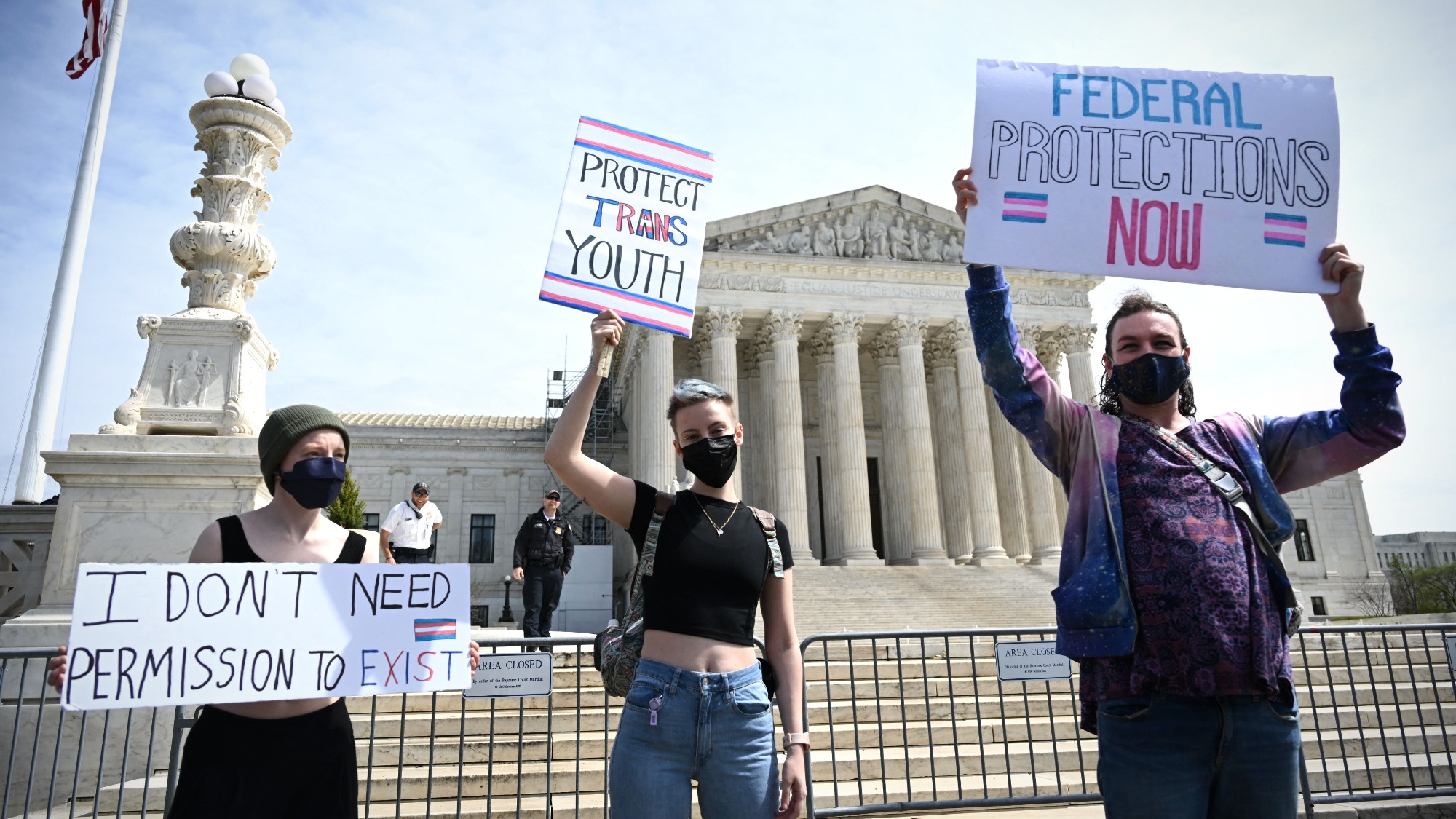 Supreme Court to weigh transgender care limits
Supreme Court to weigh transgender care limitsSpeed Read The case challenges a Tennessee law restricting care for trans minors
-
 Where does Labour stand on trans rights?
Where does Labour stand on trans rights?The Explainer Party plans to 'modernise and simplify' process of changing gender and vows to scrap guidance on teaching gender ideology in schools
-
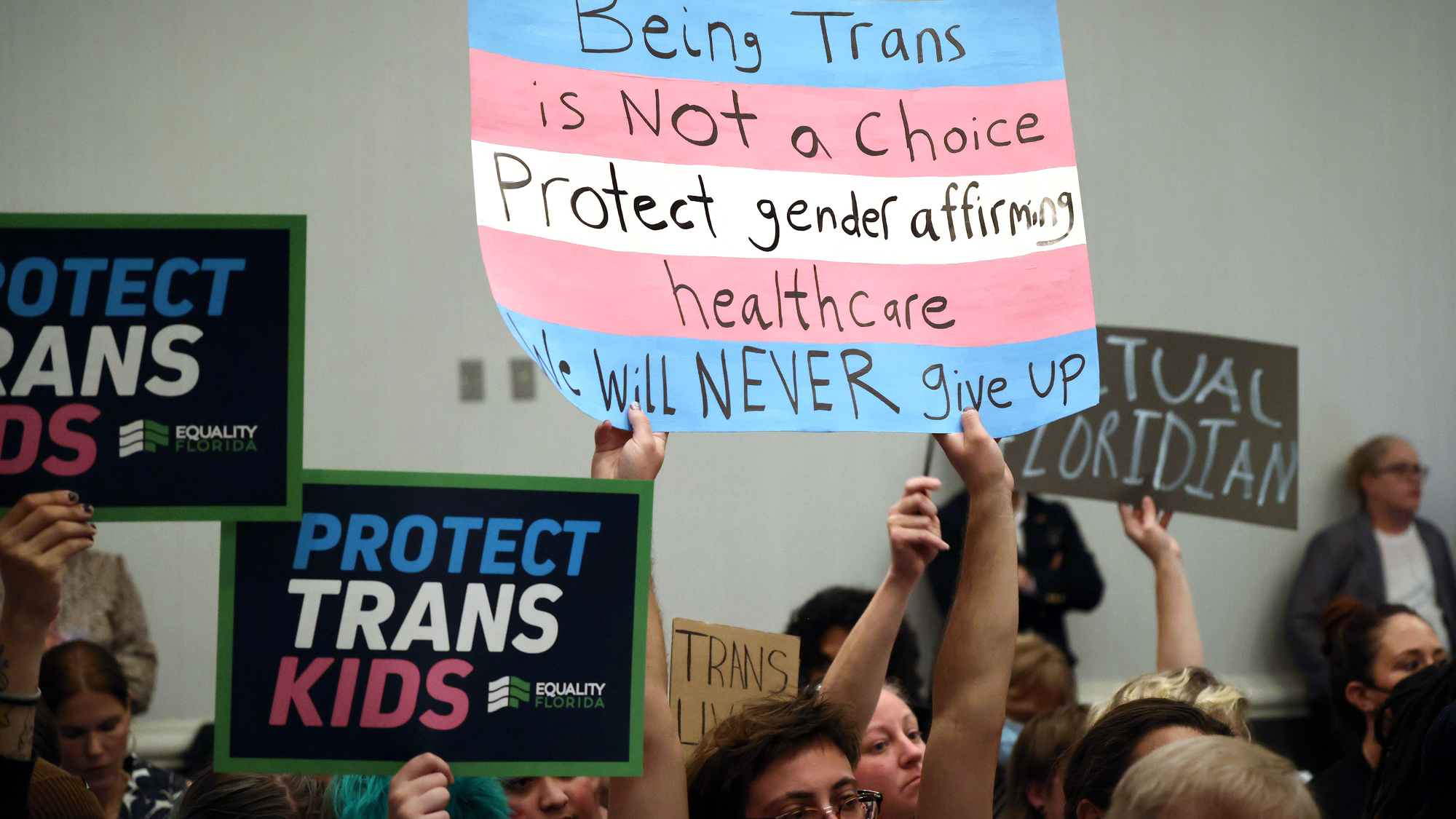 Judge strikes down Florida transgender care ban
Judge strikes down Florida transgender care banSpeed Read A law that bans transgender health care for minors and restricts treatment for adults is ruled "unconstitutional"
-
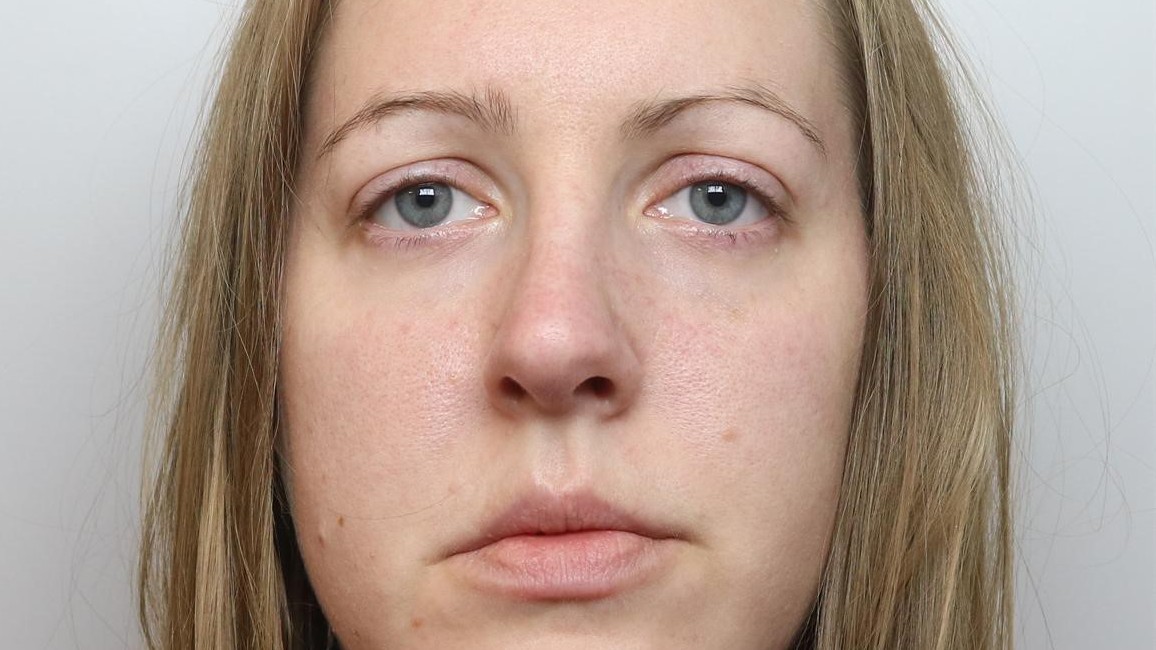 Lucy Letby and the importance of understanding statistics in the NHS
Lucy Letby and the importance of understanding statistics in the NHSUnder the Radar Data could help NHS trusts 'act more quickly in similar cases' but there are 'pitfalls to avoid'
-
 Battle of Britain: will Rishi Sunak block Scotland’s gender recognition law?
Battle of Britain: will Rishi Sunak block Scotland’s gender recognition law?Today's Big Question Prime minister reportedly set to use constitutional ‘nuclear option’ in showdown with Holyrood over the legislation
-
 J.K. Rowling and Joanne Harris in death threat row
J.K. Rowling and Joanne Harris in death threat rowTalking Point Rowling accuses fellow author of allowing female writers to be ‘silenced and intimidated’ over their gender identity beliefs
-
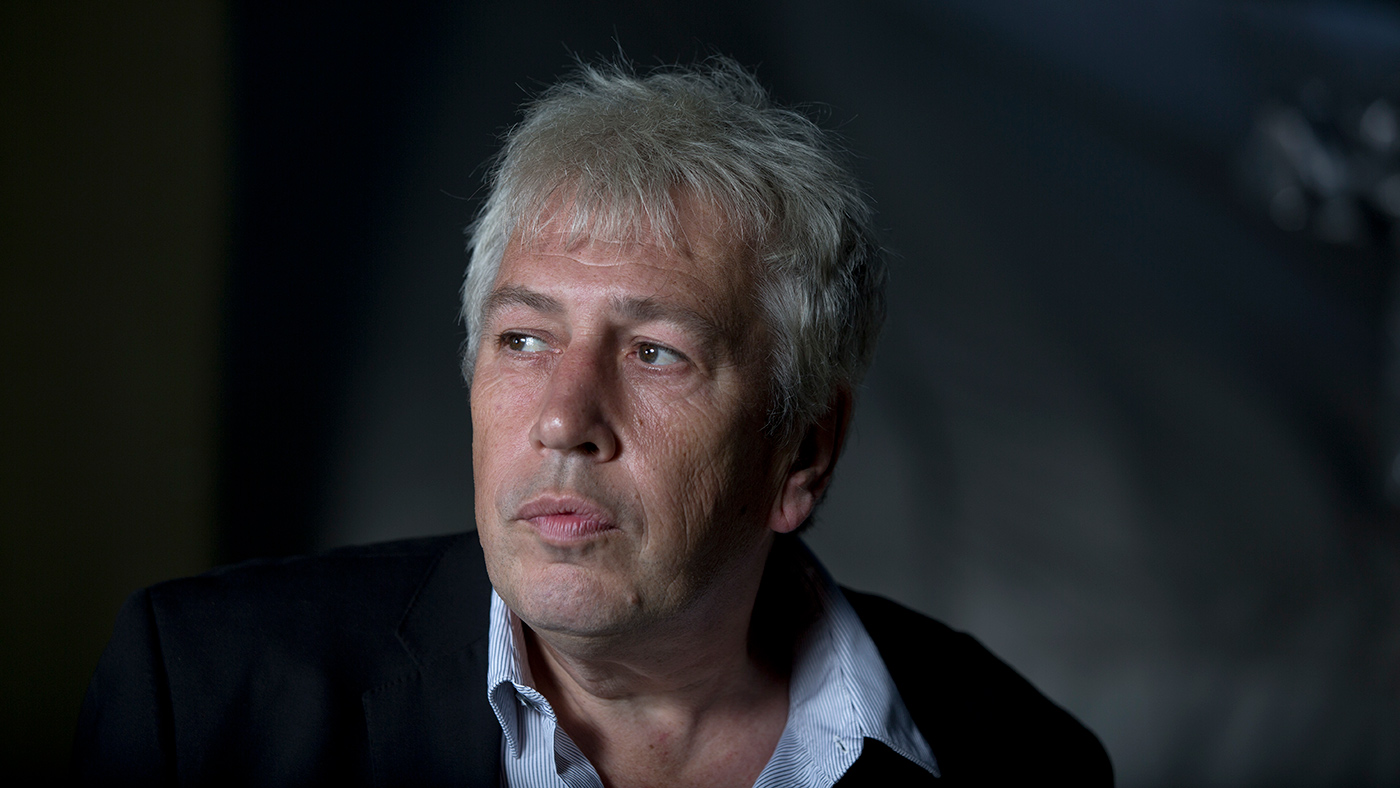 Rod Liddle: culture war in Durham
Rod Liddle: culture war in DurhamIn the Spotlight Having exercised their right to free speech, both sides of the latest culture wars skirmish ‘should move on’
-
 Controversial transgender and migration views are not hate crimes, says report
Controversial transgender and migration views are not hate crimes, says reportIn Depth Law Commission decides that gender critical arguments should be protected as ‘freedom of expression’